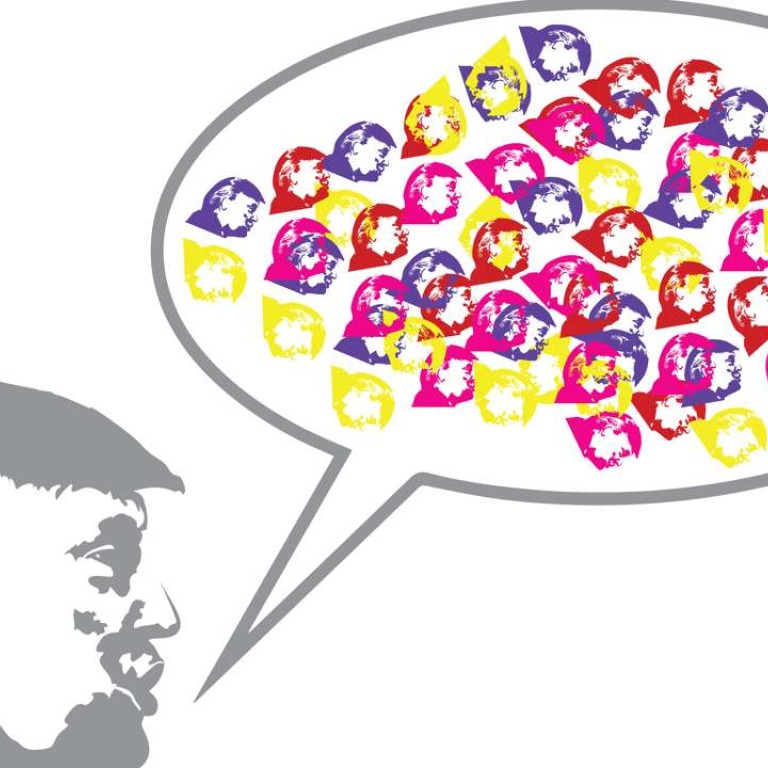
Trump’s America Book Club: the dystopian novels, satire and right-wing tracts everyone’s reading to understand US leader
The US president has unwittingly launched a book club for America as dystopian fiction gains new readers and his blustering style and erratic early actions feed appetite for satire and explainers
And then came the dystopian-fiction craze, when Trump adviser Kellyanne Conway immortalised herself in America’s political lexicon by describing White House falsehoods as “alternative facts” – and George Orwell’s 1984 shot to the top of Amazon’s sales ranking.
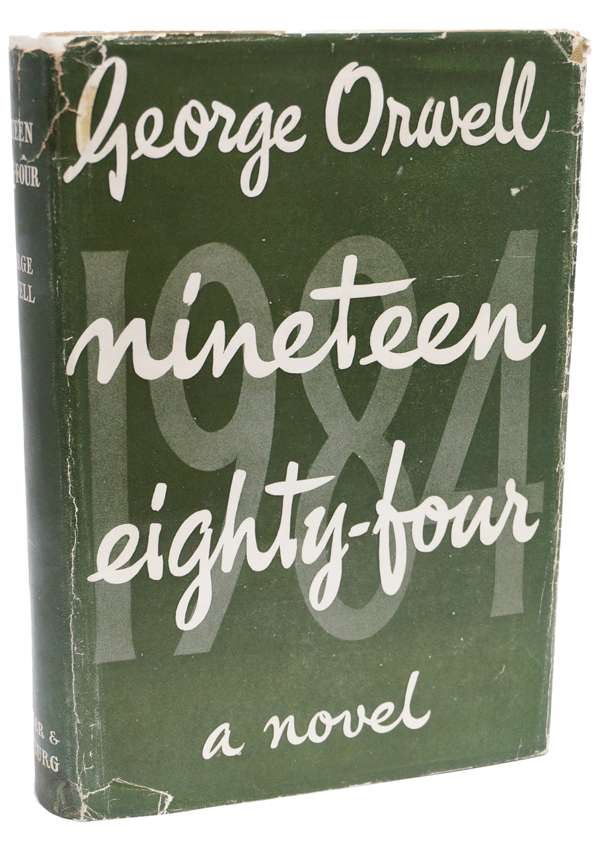
A president who rarely reads books has unwittingly launched a book club for America. Every feud, every outrage, every did-he-really-just-do-that episode propels a new literary discussion. In the months since the election, critics have been suggesting books explaining the convulsions of the Trump era.
As with any book club, national or personal, the key question is what book comes next – a more urgent matter now that those choices appear to reflect the political fears, grievances and aspirations of America’s citizen-readers.
Trump clearly grasps the cultural allure of books. He has authored more than a dozen of them (we hesitate to use the word “written”) and launched his campaign declaring that “we need a leader that wrote The Art of the Deal”. That book is as much a part of his brand as The Apprentice or Trump Tower. Maybe more.
Yet, while critics gushed over his predecessor’s love of the written word, Trump doesn’t mind being pegged as a literary lightweight – it’s just one more way to knock those coastal elites he supposedly disdains. Trump has freely admitted to not reading books, devoting instead endless hours to cable news.
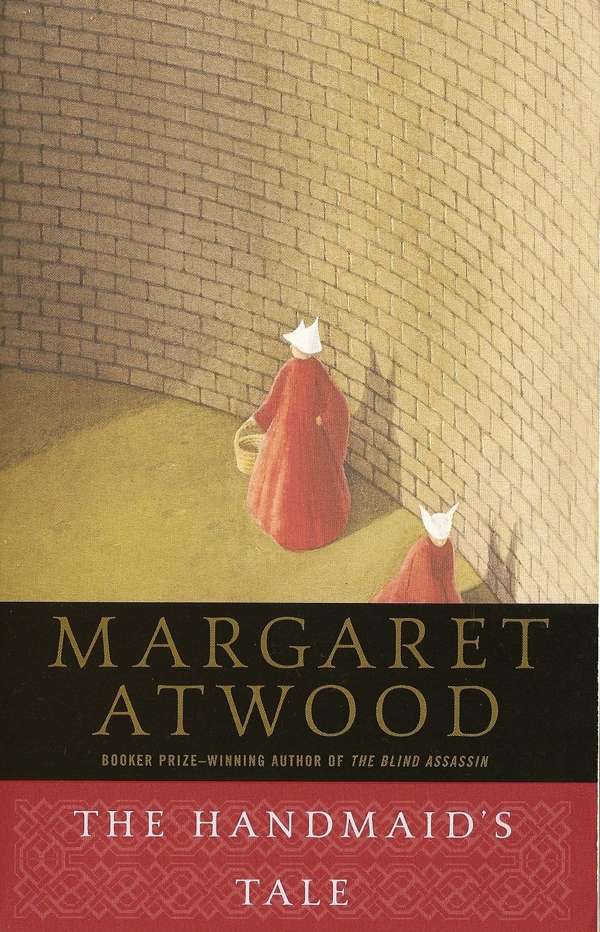
With the Trump administration under way, Orwell’s 1984 is but one of several dystopian classics to regain currency. Sinclair Lewis’ It Can’t Happen Here, the tale of a bumbling, repressive and democratically elected American fascist, has reached Amazon’s top 20. Same for Margaret Atwood’s The Handmaid’s Tale, helped by the forthcoming Hulu adaptation of the book. Orwell’s Animal Farm is a Washington Post paperback best-seller.
The shift is telling. With 1984 surpassing Hillbilly Elegy on Amazon, it seems we’ve grown less interested in reflecting on how we got here and more in figuring out where we’re headed.
What genre might come next? Many non-fiction book proposals are likely being shopped around, promising the inside story of the Trump presidency (working title: “American Carnage”).
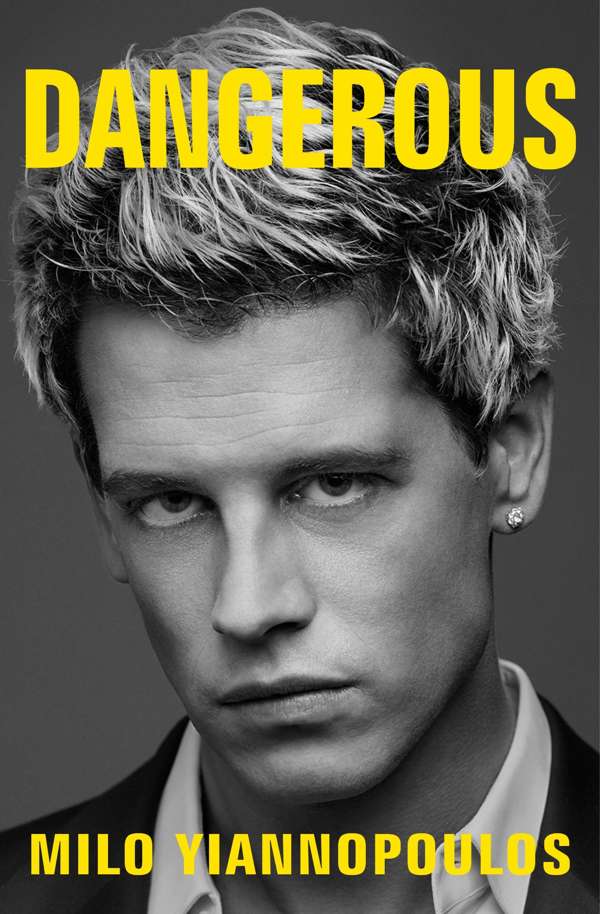
The resurgent far right may have its literary moment, too; see how Dangerous by right-wing website Breitbart’s Milo Yiannopoulos is gaining strength in advance of next month’s publication. But political satire will probably gain prominence, particularly with a vain, thin-skinned president as its target.
Already, British novelist Howard Jacobson, winner of the 2010 Man Booker Prize, is publishing a Trump-inspired satire this April titled Pussy, which he wrote in a “fury of disbelief” after the November ballot. Trump’s sensitivity to Saturday Night Live skits shows that this is fertile territory and, as Hannah Arendt argued, ridicule weakens the aura surrounding strongmen, undercutting their pretensions of greatness and history.
Oh, and Arendt’s The Origins of Totalitarianism has been selling well.
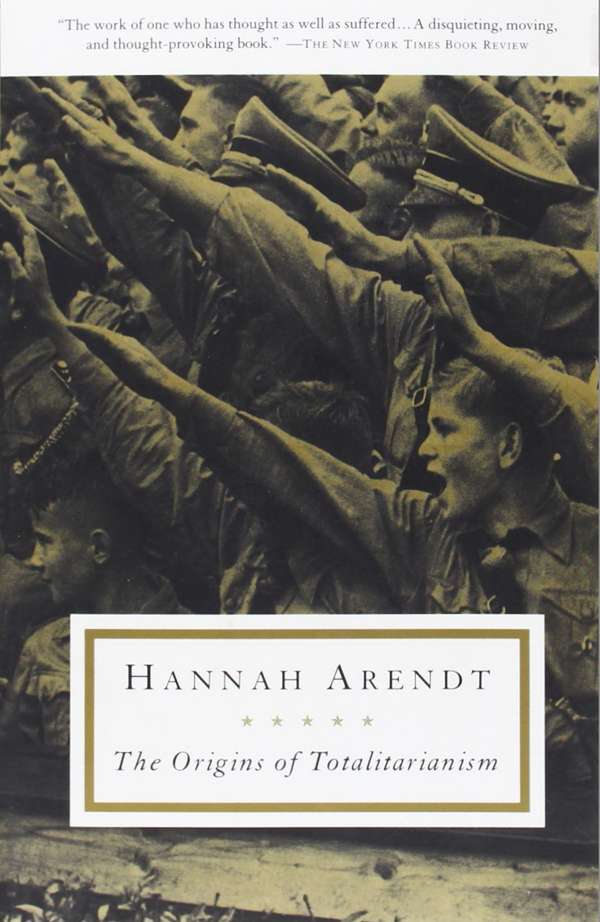
Trump does read some books, or at least claims to. Last summer, for instance, he touted Edward Klein’s Unlikeable: The Problem With Hillary. And in 2015 he raved over Ann Coulter’s subtly titled Adios, America: The Left’s Plan to Turn Our Country Into a Third World Hellhole. In fact, Trump’s initial campaign remarks about Mexican drug dealers and rapists were probably inspired by Coulter’s book, which he hailed as “a great read” just three weeks before announcing his candidacy.
Those are not exactly works that ease the minds of Trump’s opponents. It’s not enough that presidents read books, critics insist; they must read the right ones. For instance, when adviser Karl Rove disclosed former president George W. Bush’s heavy reading habits in a 2008 Wall Street Journal op-ed, Washington Post columnist Richard Cohen chided the president for turning to books that reaffirmed his choices and world view. “Bush has always been the captive of fixed ideas,” Cohen wrote. “His books just support that.”
The wisdom-of-crowds approach, reflected in best-seller lists, is one way to find books that give us perspective, strategy or comfort in uncertain times. But even then, it’s hard to break free of our political silos. After all, the readers gravitating towards 1984 are probably not the same ones ordering presale copies of Dangerous.
This year has ushered in the Trump presidency – and now the Trump’s America Book Club.

